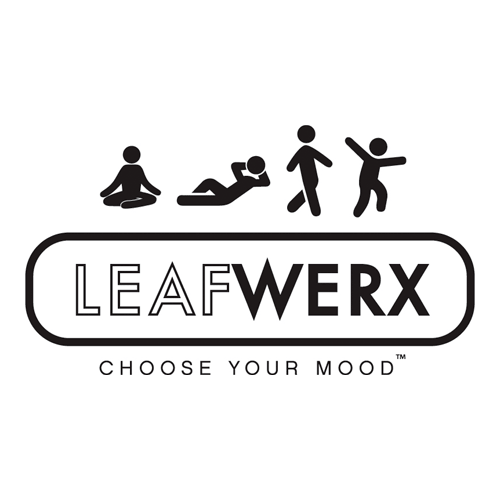While nearly 70 million people admit to having sampled marijuana, it is not a gateway drug. It’s not only natural and proving beneficial as a health remedy, but it would also take the consumption of nearly 1500 pounds to O.D. While research into the diverse and rewarding opportunities of this miraculous plant is still needed, appreciation and application of its many forms are ever-growing.
What is CBD and THC?
There are hundreds of chemical compounds in cannabis. The two most abundant and well-known are CBD and THC.
CBD stands for cannabidiol and does not cause a “high.” According to the World Health Organization, CBD shows no abuse or dependence potential, and there’s no evidence of public health-related concerns associated with the use of pure CBD.
THC, or tetrahydrocannabinol, is responsible for most of the psychological effects associated with marijuana. It acts a lot like the cannabinoid chemicals made naturally by the body. Cannabinoid receptors are found in the brain and have been linked to memory, pleasure, coordination, thinking, and time awareness. THC attaches to these receptors and affects these functions.
The Benefits of Cannabis Use
As medicinal properties of cannabis continue to show promise, more and more people are seeking relief from a long list of ailments, including:
- ADHD/ADD – Demonstrating promise in enhancing focus, cannabis may work for individuals with ADHD/ADD, as a safer option than Adderall and Ritalin, helping with concentration and cognitive performance.
- Alcoholism – Cannabis is definitely safer than alcohol and may work as a less risky, healthier substitution to curb alcoholism.
- Alzheimer’s disease – While cognitive degeneration is almost unavoidable, the anti-inflammatories in cannabis’s endocannabinoid may help fight the brain inflammation that leads to Alzheimer’s disease.
- Anxiety – Taken properly and in monitored doses, cannabis may prove beneficial for alleviating anxiety and promoting a sense of calm.
- Arthritis pain – Both THC and CBD infused topicals, such as creams and balms, are favorites of arthritis sufferers.
- Autism – For children with autism who suffer violent mood swings, cannabis may help calm and control their moods.
- Bones – Along with helping to heal broken bones and speeding up the process, cannabidiol has been linked to strengthening the bone and making it more difficult for it to break in the future.
- Cancer – A great deal of evidence shows that cannabinoids may help fight certain types of cancer.
- Chronic pain – Chemical compounds in cannabis, known as cannabinoids, have been linked to relief of chronic pain.
- Depression – Endocannabinoid compounds in cannabis may work to stabilize mood and ease symptoms of depression.
- Diabetes – Research completed by the American Alliance for Medical Cannabis (AAMC) indicates that cannabis may stabilize blood sugars, lower blood pressure, and improve blood circulation which leads to regulating and even prevention of diabetes.
- Glaucoma – Cannabis may help to ease the painful pressure on the eyeball and offer temporary relief.
- Inflammatory bowel diseases – Cannabis can offer relief to those with Crohn’s disease or ulcerative colitis, with THC and cannabidiol enhancing immune response and interacting with cells that play an important part in the functioning of the gut.
- Lung capacity – A recent study indicated that smoking cannabis may help increase lung capacity rather than causing harm.
- Multiple sclerosis – Cannabis is often a consideration to reduce the painful muscle contractions associated with sclerosis.
- Parkinson’s disease – Reducing tremors and pain, cannabis may help to promote sleep and improve motor skills.
- PTSD symptoms – Helping to control the fight or flight response, cannabis offers hope to veterans and any individual who has gone through trauma.
- Seizures – Research indicates that CBD has potential benefits that may help control seizures. Read more on the first FDA approved CBD tincture that is for seizures here.
- Side effects of hepatitis C – Nausea, fatigue, depression, and muscle aches are just some of the side effects of hepatitis C treatment. Cannabis is helpful in reducing those undesirable effects.
- Weight loss – Cannabis has been shown to help the body in regulating insulin while managing caloric intake efficiently.















